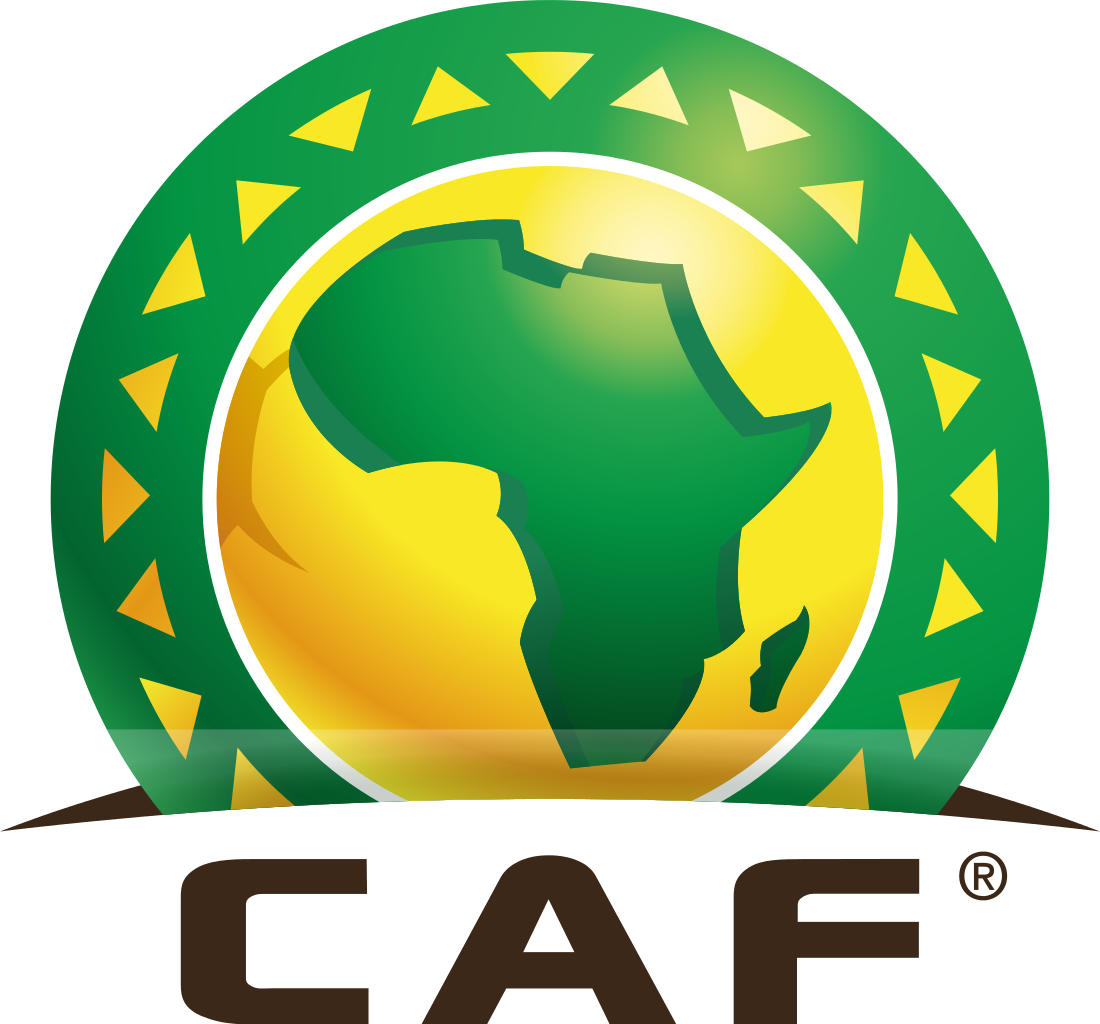The controversial timing of the Africa Cup of Nations faces a serious review when African soccer gathers for a two-day symposium in Morocco to discuss the future of the game on the continent.
Starting on Tuesday in Rabat, stakeholders from across the sport, including an array of former stars like Abedi Pele, Austin Okocha and Samuel Eto’o, have been invited to deliberate over the future of the tournament and other aspects of the African game.
New Confederation of African Football (CAF) president Ahmad promised a blanket review when he successfully challenged long-standing leader Issa Hayatou for the top CAF job in March.
Ahmad, who uses only a single name, also wants to review rules on hosting the finals, which are proving increasingly prohibitive and reducing the number of potential candidates.
He has already suggested co-hosting that would allow CAF to consider proposals to increase the number of teams at the finals to 24 – almost half the organisation’s membership.
The frequency of the tournament would also be reviewed, although there seems little appetite to change it from every two years to every four.
Hosting the tournament every two years in January means the leading players, drawn increasingly from clubs in major European leagues, face a tug of war for their services, caught between duty for their national team and clubs that employ them.
Ahead of this year’s tournament, held in Gabon, there was an unprecedented number of players who turned down call-ups to stay with their clubs. Those numbers are expected to rise if the next finals in Cameroon are hosted in January 2019, rather than a more convenient mid-year slot.
Hayatou persistently refused to entertain any change because he did not want to be seen to be buckling to pressure from European clubs. He blamed inclement weather patterns in Africa for not holding the Nations Cup in mid-year, but this argument was forgotten when only African countries bid to host the 2010 World Cup.
The Rabat symposium will also assess the annual African club competitions, which this year had the number of clubs involved in the group stage doubled to 16.
Each African country has been invited to send its football association president, general secretary and national coach.
Source: Reuters
